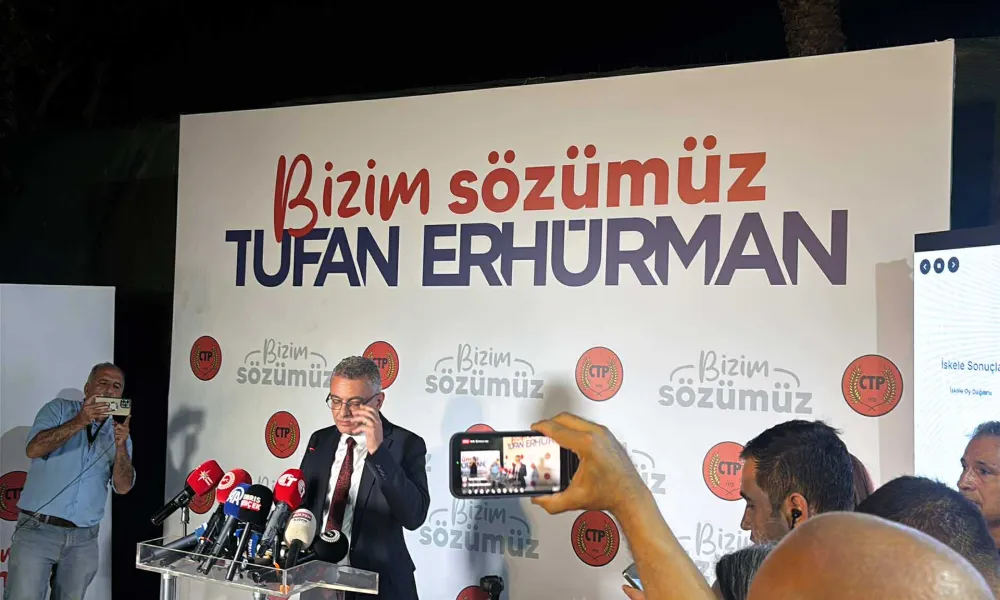While his landslide victory signals a clear rejection of the two-state agenda among Turkish Cypriot voters, Erhürman now faces the far greater challenge of shifting Ankara’s stance – a prerequisite for any meaningful return to negotiations.
To do that, he must open channels of communication with the Greek Cypriot leadership, particularly President Nikos Christodoulides. Dialogue between the two sides will be essential to determine whether there is sufficient common ground to resume talks. Ankara, for its part, will only consider altering its position if it is publicly and convincingly assured that the Greek Cypriot side is genuinely ready for a negotiated solution.
No easy path forward
Erhürman has made his intentions clear: he seeks a return to negotiations for a bizonal, bicommunal federation within the framework of the European Union. But he has also set out specific conditions. These include full acceptance of Turkish Cypriot political equality as agreed at Crans-Montana, a fixed timetable for concluding talks, and a clear understanding of the consequences should negotiations fail again, particularly if the blame lies with the Greek Cypriot side. In such a case, he argues, Turkish Cypriots cannot continue to be treated as an unrecognised “pseudo-state,” and their political future must be clarified.
The crux of this position, however, lies in enforcement: who decides where responsibility lies in the event of another collapse in talks?
President Christodoulides, for his part, has maintained a broad, often vague position, reiterating his readiness to resume negotiations from where they left off in Crans-Montana. Yet he has never publicly clarified what, in his view, that point was. At the time, UN Secretary-General António Guterres stated the sides were “one mile away” from a final agreement. If talks do resume, will Christodoulides engage directly with the substance of previous discussions? Or does he see the process merely as a new starting point, in which old issues can be re-opened?
The role of the UN
Much may also depend on how the United Nations, and specifically Secretary-General Guterres, proceed from here, through the efforts of his personal envoy María Ángela Holguín, who is expected to return to Cyprus in the near future.
What is clear, however, is that with Erhürman’s election, the political landscape in the north has shifted significantly. The ground may now be more fertile for the two sides to find a common language, but only if both show clarity, courage, and political will.
